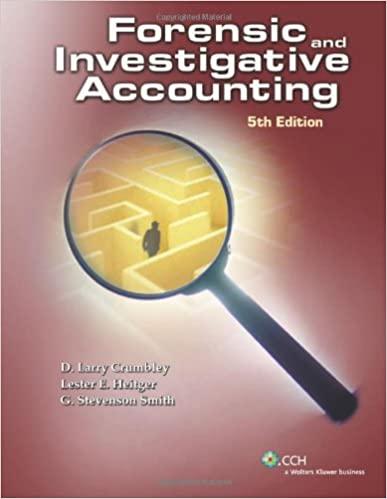Question
(a) A merchant in the UK has agreed to sell goods to an importer in the USA at an invoice price of $130,000. Of this
(a) A merchant in the UK has agreed to sell goods to an importer in the USA at an invoice price of $130,000. Of this amount, $40,000 will be payable on shipment, $60,000 one month after shipment and $30,000 three months after shipment.
The quoted foreign exchange rates ($ per ) at the date of shipment are as follows:
Spot rate (on shipment) 1.690 -1.692
Forward rate-(one month after) 1.687 -1.690
Forward rate-(three months after) 1.680 -1.684
The merchant decides to enter forward exchange contracts through his bank to hedge these transactions for fear that the future spot rates may change to his disadvantage.
i. Required:
ii. State what are the presumed advantages of using forward exchange contracts.
iii. Calculate the sterling amount that the merchant would receive on these contracts.
iv. Comment on the wisdom of the merchant decision to hedge by comparing his total receipts in pound sterling, assuming the spot rate ($ per ) at the dates of receipt of first payment upon shipment remains the same but rates at the second instalment ($60,000) and third instalment ($30,000), were as follows:
Spot rate (one month after shipment) 1.694 -1.696
Spot rate (three months after shipment) 1.700 -1.704
(b) Describe how foreign exchange transactions using futures would differ from those using forward exchange contracts.
Step by Step Solution
There are 3 Steps involved in it
Step: 1

Get Instant Access to Expert-Tailored Solutions
See step-by-step solutions with expert insights and AI powered tools for academic success
Step: 2

Step: 3

Ace Your Homework with AI
Get the answers you need in no time with our AI-driven, step-by-step assistance
Get Started


